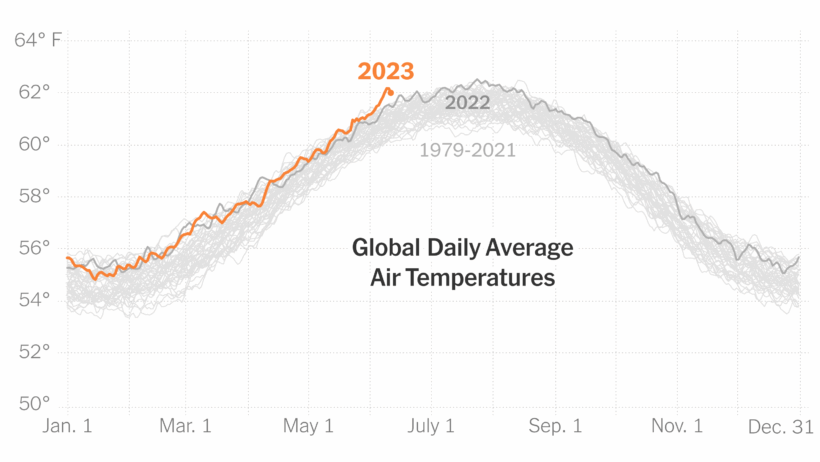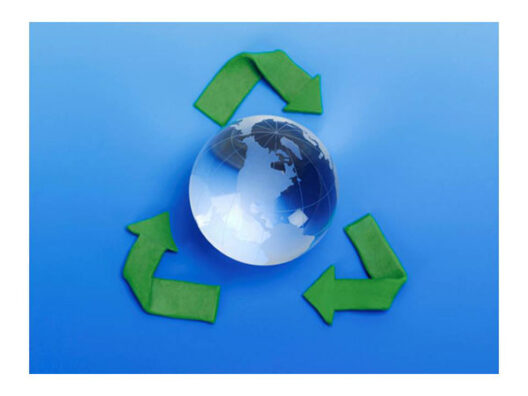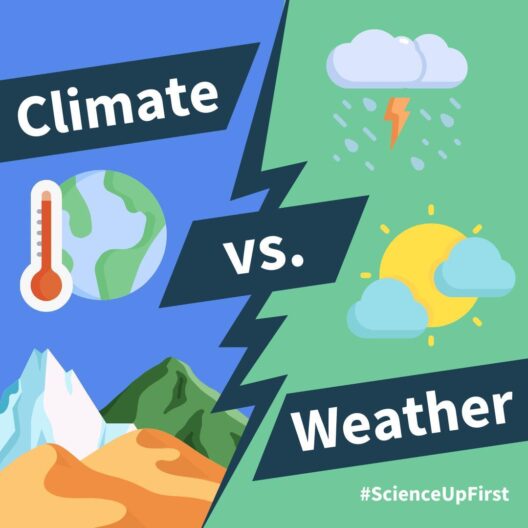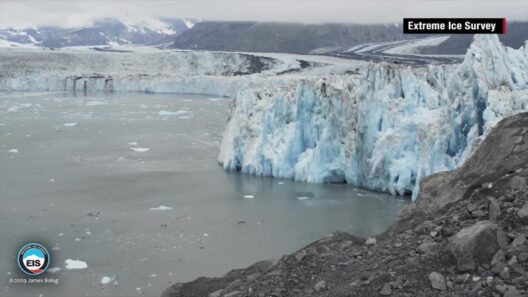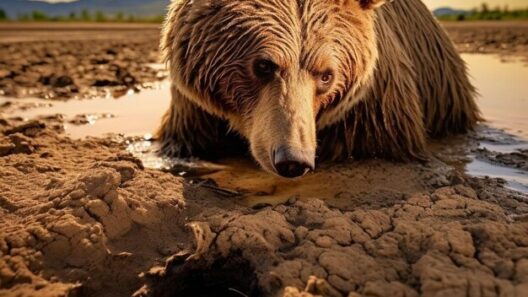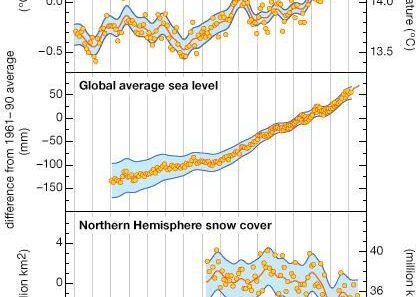Global warming, an insidious consequence of anthropogenic activities, has captured the attention of the world as a persistent problem that demands immediate action. But how long has it truly been occurring? What if I told you that our planet’s climate has been exceedingly fickle over geological timescales? Scientists hypothesize that this warming trend, apparent Not only in temperature records but also within various ecological systems, has manifested over the past century — but the roots run far deeper. Let’s embark on an intricate journey through history to unravel the layers beneath this pressing dilemma.
First, it is crucial to comprehend the foundational aspects of global warming. At its core, global warming refers to the long-term rise in Earth’s average surface temperature due to increasing concentrations of greenhouse gases in the atmosphere. From carbon dioxide emissions to methane leaks, human activities have remarkably enhanced the greenhouse effect, facilitating warmth retention in the Earth’s atmosphere like a thick blanket. This phenomenon has not been an overnight occurrence but a gradual process exacerbated by the Industrial Revolution commencing in the late 18th century.
To pose a playful question: If Earth had a diary, what would it reveal about the significant changes in its climate? Would it speak of a time when temperatures were relatively stable, or would it reflect on the gradual, unsettling shifts that have taken place? Indeed, the late 19th century marks the genesis of the modern era of global warming. But before diving into that period, we must glance back at the climatic conditions spanning various epochs.
During the last glacial period, roughly 20,000 years ago, vast ice sheets covered significant portions of North America and Eurasia. At that time, the planet was ensconced in a frigid embrace. However, as the Earth transitioned into the Holocene epoch around 11,700 years ago, temperatures rose, glaciers receded, and ecological systems began to flourish. This had momentous implications for human civilization as agriculture became viable, ultimately leading to the establishment of settled communities and complex societies. But little did humanity know that the events of modern history would set the stage for an impending crisis.
With the onset of the Industrial Revolution around 1750, the steady rise in the consumption of fossil fuels ignited an exponential increase in carbon dioxide emissions. Factories proliferated, forests were decimated, and urban landscapes transformed. It is no coincidence that the global average temperature began to rise markedly around this time; by the late 19th century, records began to document these alarming shifts. Notably, the late 1800s saw a rise of approximately 0.1 degrees Celsius — a seemingly trivial change that belied the catastrophic trajectory that awaited us.
Fast forward to the 20th century, the pace of warming intensified. Between 1906 and 2005, the Earth’s average surface temperature surged by roughly 0.74 degrees Celsius. Each decade heralded unprecedented warmth, leading to erratic weather patterns, melting polar ice, and escalating sea levels. The impacts of this warming have since become palpable in every corner of the globe. From the wildfires raging in the Amazon rainforest to the relentless hurricanes battering coastlines, the consequences of global warming are irrefutable.
Let us reflect on the implications of these tempestuous changes. A critical question arises: what challenges do we face as a society grappling with this reality? As global temperatures climb, regions across the globe will experience more extreme weather events — floods, droughts, heatwaves, and storms — disrupting natural ecosystems and human livelihoods alike. Agriculture, an industry fundamental to human survival, will be profoundly affected, yielding unpredictable harvests and food insecurity.
Further complicating the narrative are the socio-economic ramifications. The risks associated with global warming disproportionately affect marginalized communities, those with scant resources to adapt or recover. Rising sea levels threaten coastal populations, necessitating an urgent restructuring of infrastructure to accommodate migratory movements. Mitigation strategies must transcend national borders since climate change knows no geopolitical boundaries.
Inherent in the discourse surrounding global warming is a need for collective action. International treaties such as the Paris Agreement seek to curb greenhouse gas emissions while fostering sustainable practices. However, juxtaposed against the urgency of climate action is the often-lackadaisical response from governments and corporations alike. The challenge remains not just acknowledging the problem but galvanizing public sentiment toward sustainable practices and policies.
Is an optimistic future within our grasp, or are we set to repeat the follies of the past? The response lies within our hands. Transitioning to renewable energy sources, advocating for conservation, and rethinking consumerist paradigms are pivotal endeavors. To combat global warming effectively, a multidimensional approach integrating technology, education, and community engagement is requisite.
Ultimately, the narrative of global warming is a testament to human agency and responsibility. The duration of this perilous condition can be succinctly addressed: it has been over a century in the making but is deeply entrenched in a much longer historical context. Every individual has a role in combating this existential threat; understanding the past equips us to navigate the future. In a world increasingly challenged by climate change, the imperative to act reflects a moral obligation to both present and future generations. Will we rise to the occasion, or will we become mere bystanders in Earth’s transformative saga? The choice is unequivocally ours.



